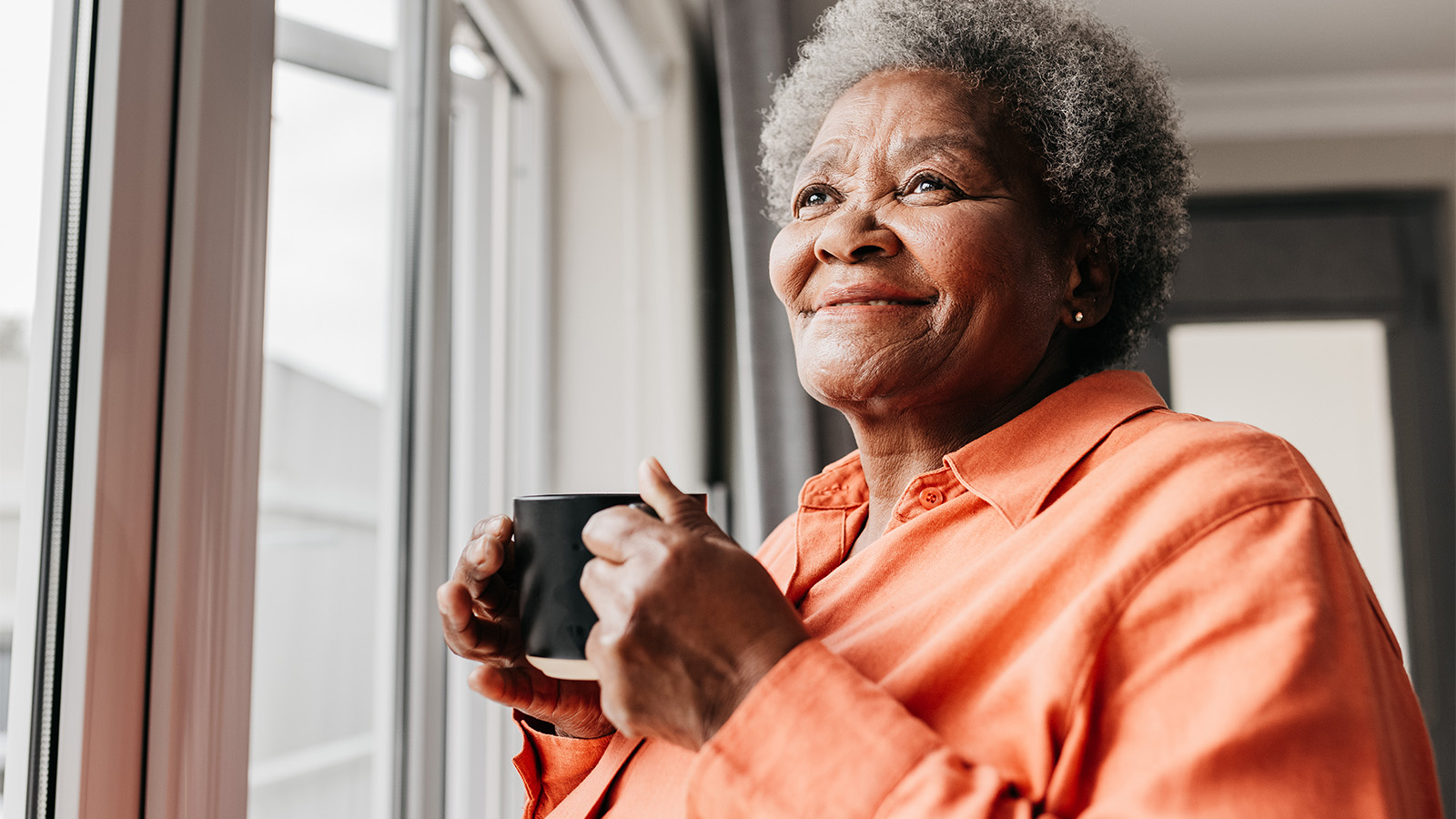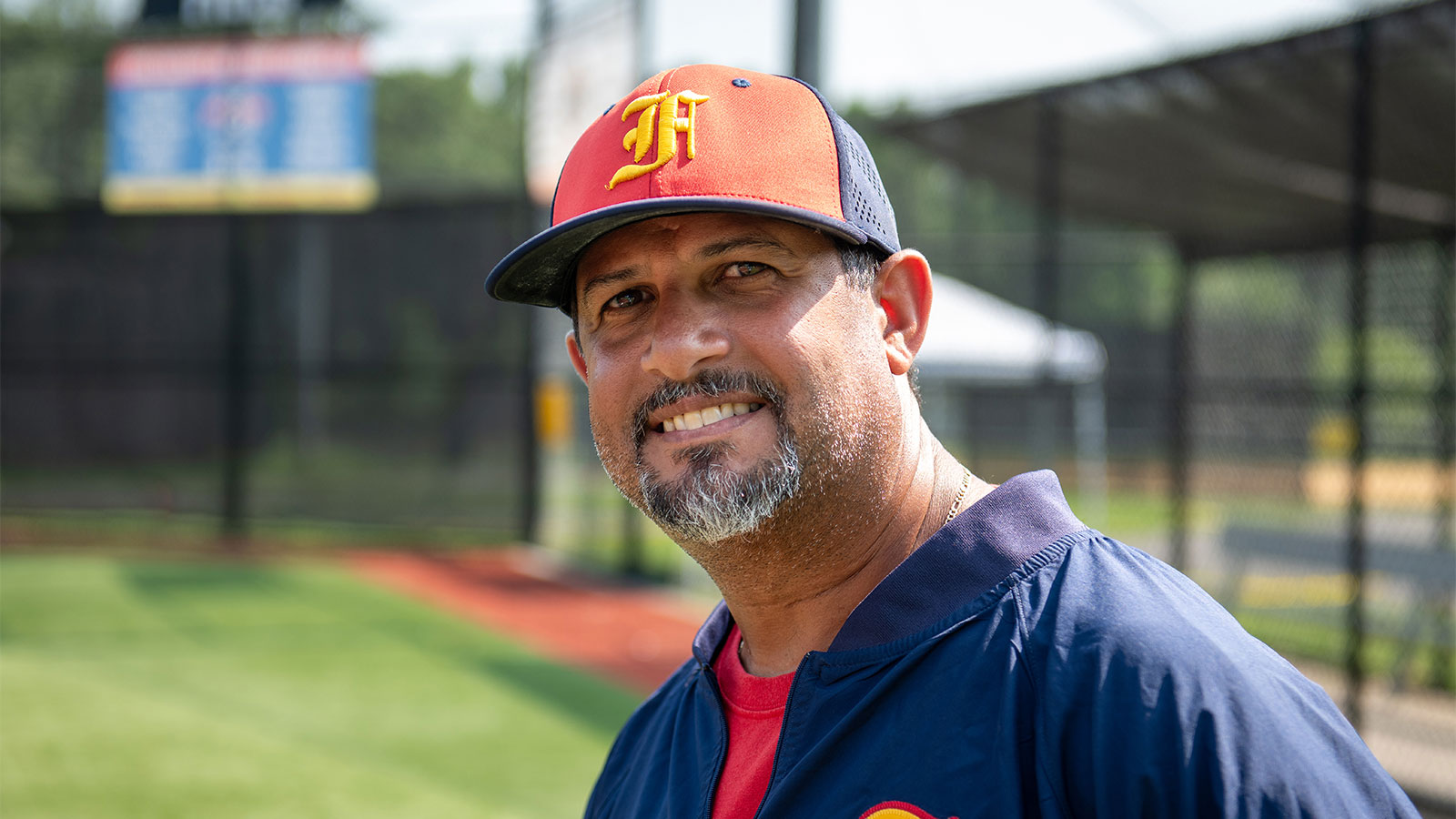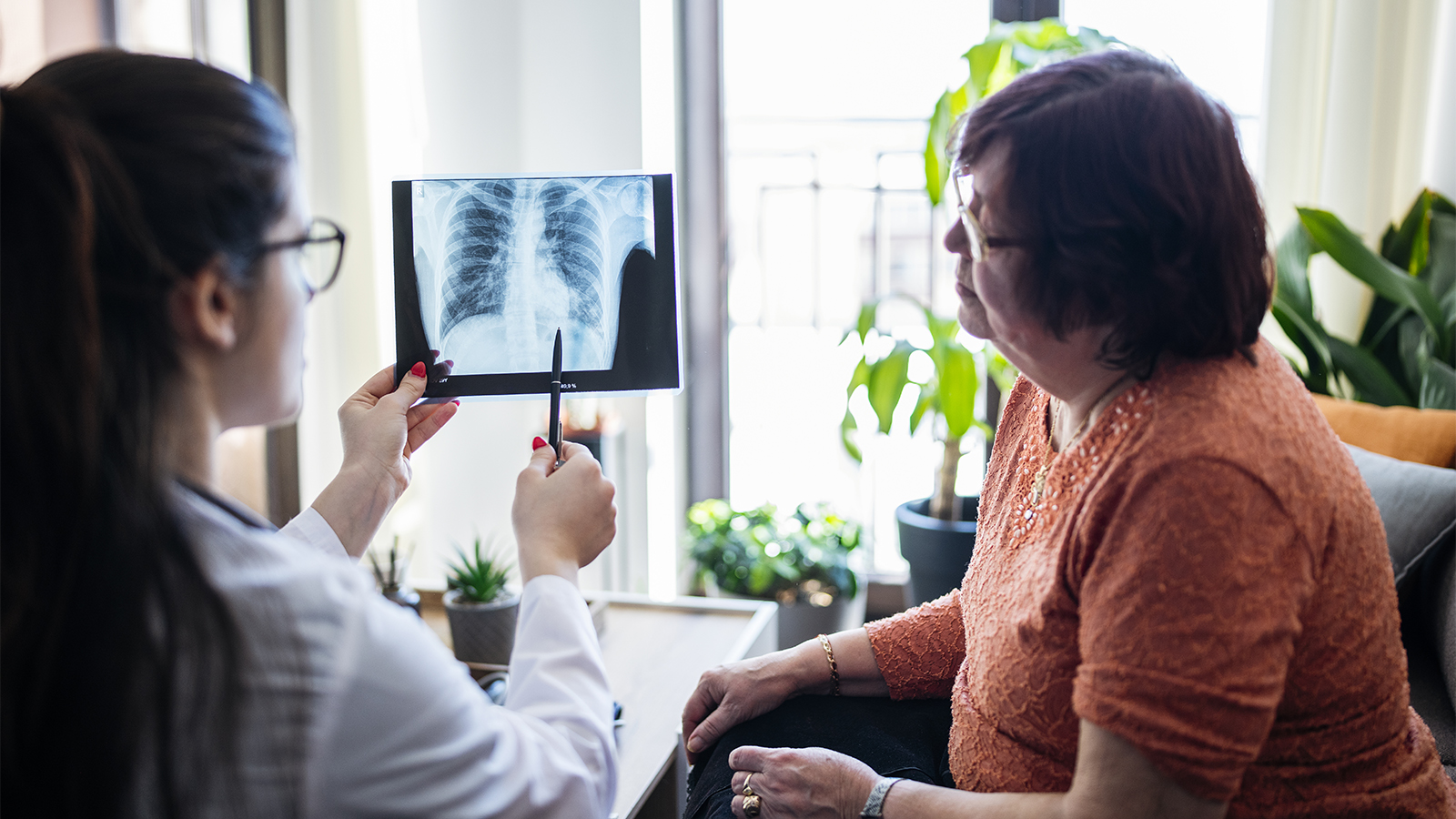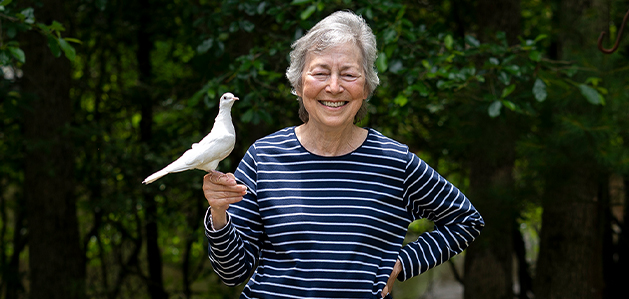Reclaim Your Strength and Spirit After Breast Cancer
After breast cancer treatment has ended, physical therapists help women return to normal as they rebuild their bodies—and strengthen their spirit.
By Lynn C. Davis, PT-CLT/LANA
Virtua physical therapist and certified lymphedema specialist
When you are diagnosed with breast cancer, there’s a tendency to focus on how you’re going to fight the disease. But surviving breast cancer takes more than surgery, radiation, or chemotherapy.
Our team of physical and occupational therapists helps you rebuild your body after treatment, strengthens your spirit, and gets you back to where you want to be.
The road to recovery
Breast cancer surgery affects the breast tissue, as well as the muscles of the chest wall and shoulder. Without proper therapy, these muscles become weaker and shorter, and this can lead to poor posture and upper back and shoulder pain.
The treatments that send cancer into remission also affect the upper body, with symptoms that include decreased range of motion and strength, fatigue, and bone loss (osteopenia).
Lymphedema (swelling in the arms or legs) is another side effect of breast cancer surgery, and it can occur at any time after lymph node removal. Our specially trained lymphedema therapists work with you to help control this swelling through exercise, massage, and compression.
A comprehensive plan
Before we begin our exercise and therapy program, we start with a thorough interview. We want you to take us through everything that’s happened since your diagnosis and treatment. This helps us get a clear picture of what you’ve been through and what your state of mind is.
Most importantly, we assesses your activity levels to find out if you’re where you want to be. If they’re not, we set goals with you. From there, we build a program to help you rebuild strength—and reach those goals.
Once goals are met, we encourage our patients to join our free, evidence-based Strength After Breast Cancer Program. Talk to your therapist to learn more.
I am continually amazed and inspired by the resiliency of our patients. Breast cancer survivors aren’t frail individuals who suddenly can’t do anything. They want to get back to life, and they want it to be as good, if not better, than before they were diagnosed. For that reason, I don’t treat them with kid gloves—I help them get through it.
To learn more about the advanced diagnostic, treatment, and support services at the Penn Medicine Virtua Cancer Program, click here.
There's So Much More to Explore
Discover expert insights, inspiring stories, health tips, and more by exploring the content below!

10 Reasons to Schedule Your Colonoscopy Screening Today

At-Home Colon Cancer Tests vs. Colonoscopy: Which Screening Option Is Right for You?

HeartTalk Magazine

Baseball Coach Turns Male Breast Cancer Surprise into Personal Mission

Young Breast-Cancer Survivor Has New Hope for Healthy Future

Is Cancer Hereditary? What You Need to Know About Your Genetic Risks

Your Guide to Mammograms: When to Get Screened and What to Know

5 Key Facts About Proton Therapy for Cancer Treatment

3 Changes You Can Make Today to Lower Your Cancer Risk

A Lung Cancer Screening Could Save Your Life

The HPV Vaccine: A Powerful Shield Against Cervical Cancer

How Does Breast Density Affect Your Mammogram?

Breast Cancer Diagnosis Inspires Catherine to Help Others
Firefighter's Successful Lung Cancer Care at Virtua

A Breast Self-Exam Saved Kristen's Life

Protect Your Child From HPV and Related Cancers

Rectal Cancer Surgery Gets Eileen Back to her Magical Life | Virtua Health
Robotic Surgery Helps Shelly Haney Return to Her Happy Place

